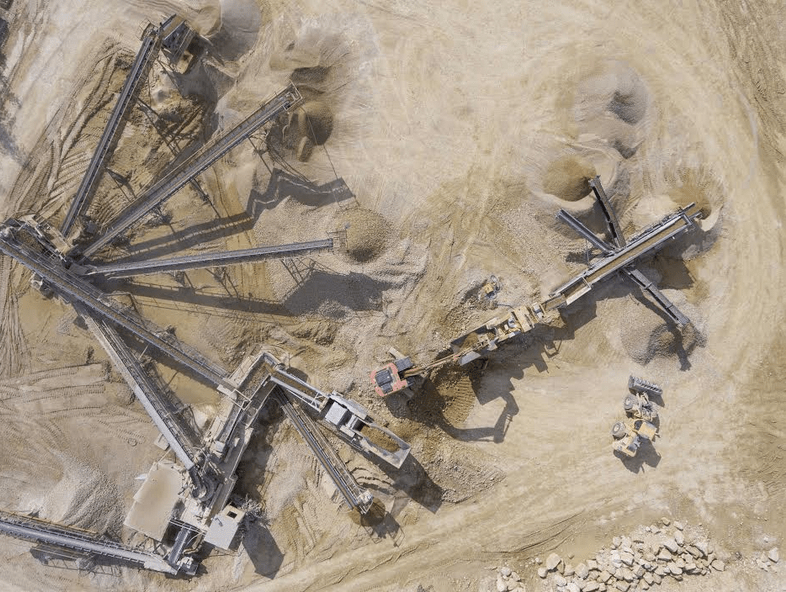Guest Post by Colin Snow

I just released a new research report titled “Five Valuable Business Lessons Learned About Drones in Mining and Aggregates.” This is the third in a series of white papers sponsored by BZ Media intended to share lessons learned in specific industries and how to maximize the value drones can deliver in those industries.
It seems with the ability to monitor stockpiles, map exploration targets, and track equipment, the usage of drones in mining and aggregates is vast. But there are limitations and in this report we demonstrate what early adopters have found out about what works and what doesn’t and where we go from here.
Here is an excerpt:
“As early as 2014, mining operators and aggregate producers in Australia, Canada, France, and the U.S. were putting drones to the test. And why not? These industries are one of those countries’ most important economic sectors. And they’re growing. In 2016, the consumption of construction aggregates worldwide was estimated at 43.3 billion metric tons (BMT) with a value of $350 billion. Production volume is anticipated to reach 62.9 BMT by 2024. Mining accounts for almost a quarter of Canada’s exports, and is both a major employer and source of royalties and tax revenue. Combined, these two industries have a significant footprint, not just economically in terms of employment but also environmentally to their host communities. This footprint extends from exploration, to extraction, processing, and shipping. Surveillance, monitoring, maintenance, and oversight in all these areas are monumental tasks, and current approaches to this are both capital and labor intensive.
Back in the early days, visionaries knew that drones could be used for a wide array of activities. Turns out these visionaries have found in the mining and aggregate sectors a frontier for unmanned aerial vehicles, otherwise known as UAVs. In recent years, small drones have helped many firms find cheaper and safer ways to map deposit sites, explore for minerals, and calculate inventory via remote control. A drone, with the relevant sensors and data integration, is an excellent tool for such roles.”
The report goes on to discuss how drones and the data from drones offer huge advantages in every part of the mining and aggregate production lifecycle including exploration, planning/permitting, operations, and reclamation. It also provides insights from Iain Allen, Senior Manager, Digital Mining at Barrick Gold, an $8.5 Billion 34-year-old mining company in Toronto, Canada.
You can get the free report here.
You can view a summary video on YouTube here.
If you have questions about what’s in the report or would like to comment on it after reading it, write me at colin@droneanalyst.com.
Alan is serial entrepreneur, active angel investor, and a drone enthusiast. He co-founded DRONELIFE.com to address the emerging commercial market for drones and drone technology. Prior to DRONELIFE.com, Alan co-founded Where.com, ThinkingScreen Media, and Nurse.com. Recently, Alan has co-founded Crowditz.com, a leader in Equity Crowdfunding Data, Analytics, and Insights. Alan can be reached at alan(at)dronelife.com







[…] Typical mining responsibilities such as surveillance, monitoring and maintenance are monumental tasks, and current approaches are both capital and labor intensive. […]